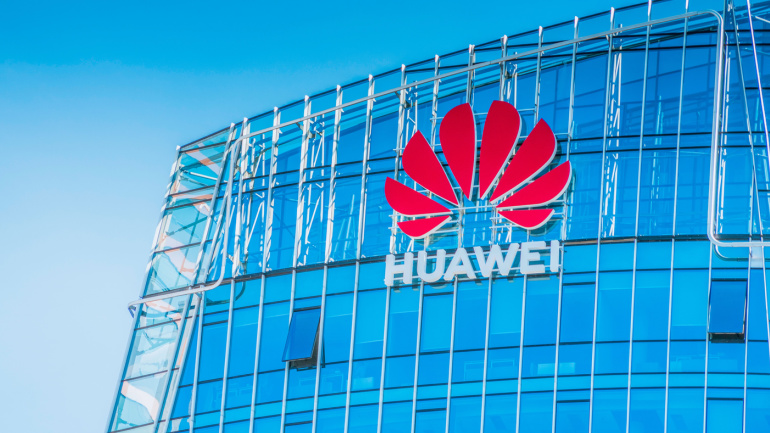The European Commission is urging member states to conduct shared risk assessments in key tech realms including advanced semiconductors, AI, quantum tech, and biotech. Amidst the cloud of geopolitical tech skirmishes, EU stands poised to protect sensitive technologies and is resolved not to preemptively decide on any corrective measures. Only time will reveal the Commission’s next steps after risk assessments.
The global wearable device market has bounced back, with an 8.5% year-on-year increase in Q2 shipments, counteracting a two-quarter decline. This upswing is not all positive news, with the market value taking a hit as competition leads to hefty price discounts. However, a growing preference for comprehensive health tracking provides exciting potential, with major brands and emerging players closely eyeing this trend. An interesting spectrum lies ahead in wearable technology, where even the traditional dominance of smartwatches may be contested by earware.
The surging interest in cloud-based applications represents a flourishing sector of the tech sphere, by providing an enhanced user experience and considerable savings on terminal investments. Telecommunication giant, ZTE, demonstrates this potential with their virtual STB (vSTB) solution in the television industry – a pioneering effort that bypasses traditional terminal downturns hampering TV service expansion. This solution effectively confronts challenges of limited service quality and hard adaptation processes linked with operator TV services, and eliminates sizable terminal outlays. Similarly, the cloud STB product presented by China Mobile and ZTE capitalises on China Mobile’s robust computing capacities and thus streamlines content broadcast to every terminal.
In a collaboration with Bloomberg, Canadian company TechInsights racks the Huawei Mate 60 Pro under scrutiny, examining whether the covertly launched flagship phone can surpass the considerable limitations imposed on it by the US government.
Reports indicate covert Huawei involvement in the establishment of chip plants to bypass US export controls. These allegations stem from Huawei’s shift to predominantly Chinese suppliers due to trade restrictions, despite their struggle to match the performance of manufacturers like TSMC and Samsung. Amidst ongoing US-China tensions, this move could potentially provoke a stronger stance from the US against sanction violators, reshaping the telecommunications landscape.
A recently conducted study on ChatGPT, a popular AI chatbot, unveiled a political bias in its responses. A group of researchers from UK and Brazil noted a discernible left-leaning orientation, shaping an unexpected narrative. This raises questions about AI’s impartiality in conveying content, and signals the need for stricter scrutiny and regulation. As AI increasingly guides our informational insights, maintaining neutrality in its delivery becomes crucial for preserving integrity, particularly in electoral processes.
In an audacious move against China’s tech supremacy, the U.S. has issued an executive order curbing American investment in several Chinese industries. Citing national security fears linked to the development of military, surveillance, and cyber technology in China, the U.S. declared a national emergency facilitating swift action. This could significantly impact sectors such as semiconductors and quantum computing, and might also influence global investment trend.
China Mobile showcased its decade of Network Function Virtualization (NFV) innovations at the recent MWC Shanghai, demonstrating how this swift, stealthy technology is redefining the telecommunications landscape. NFV, simplifying network operations by converting physical services into virtual ones, offers benefits like operational efficiency and cost reduction. However, the integration of NFV comes with its hurdles including disrupting long-established procedures and system stability. Nonetheless, the prospect of streamlining network operations and bolstering future technological advancements underscores the appeal of overcoming such obstacles.
As companies globally adopt innovative strategies, leveraging considerable commercial benefits from their 5G investments is at the forefront. Pioneered by Chinese service providers, the paradigm shift towards traffic value-based operations has significantly enhanced revenue. Unique 5G experiences such as ultra-high speed and low latency have unlocked new function scenarios, exemplified by the booming live broadcast industry in China. Meanwhile, European and Middle East counterparts effectively implement rate-based charging models, showcasing the versatility of the 5G platform. This status quo suggests that as we advance, the necessity to adapt traffic value-oriented operations for effective monetization becomes paramount, opening new revenue vistas and novel business models.
The premier Japan-EU Digital Partnership Council has unveiled a refreshingly ambitious approach towards bolstering global connectivity. Highlighting fundamental areas of mutual support, an intriguing plan of Arctic submarine network expansion piques interest. Meanwhile, an equally significant strategy promotes semiconductor industry growth, echoing an urgent call for autonomy in the global supply chain. These pacesetting initiatives promise not only to redefine EU-Japan ties, but also to spark essential digital security dialogues for the evolving tech landscape.













